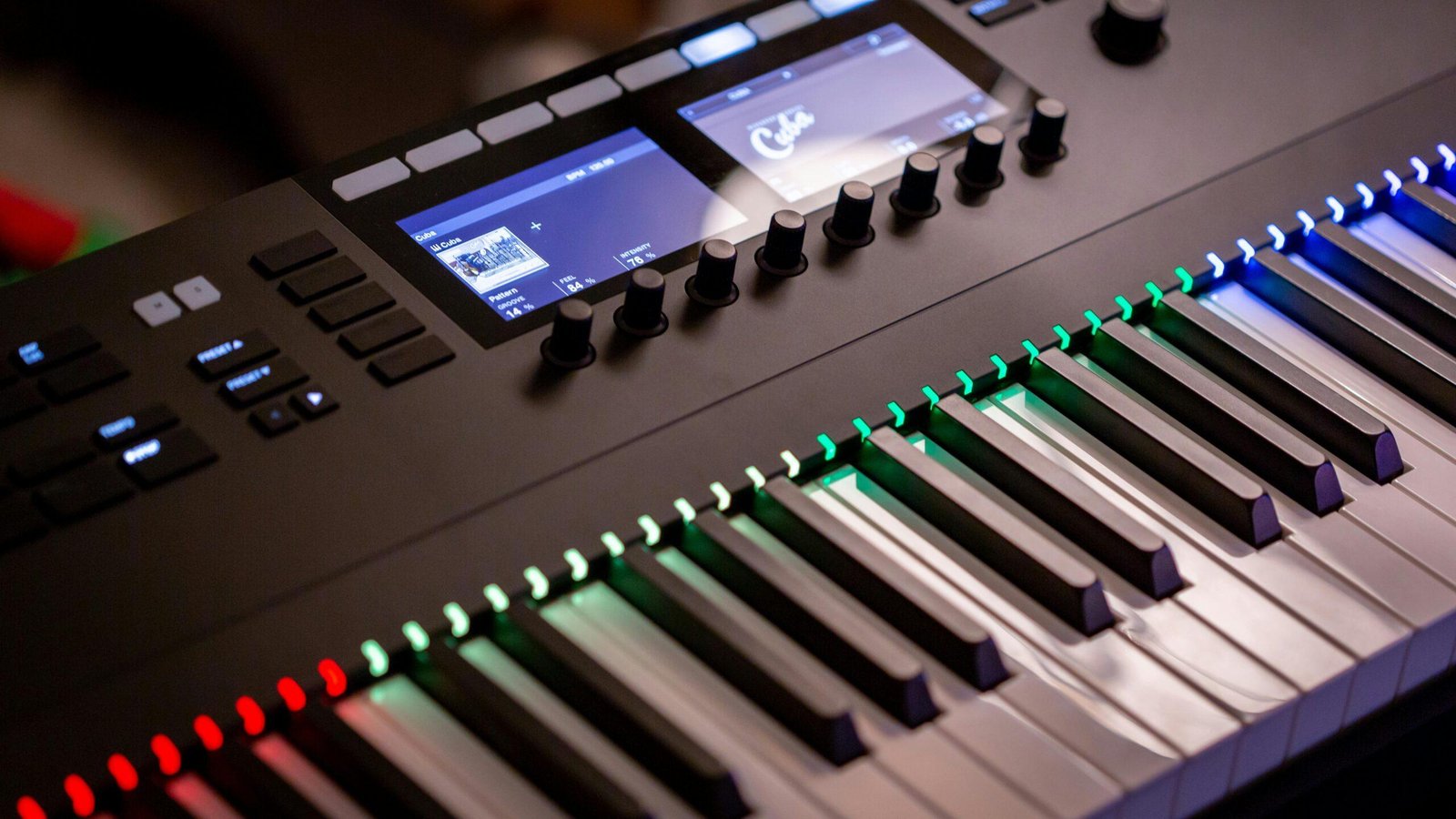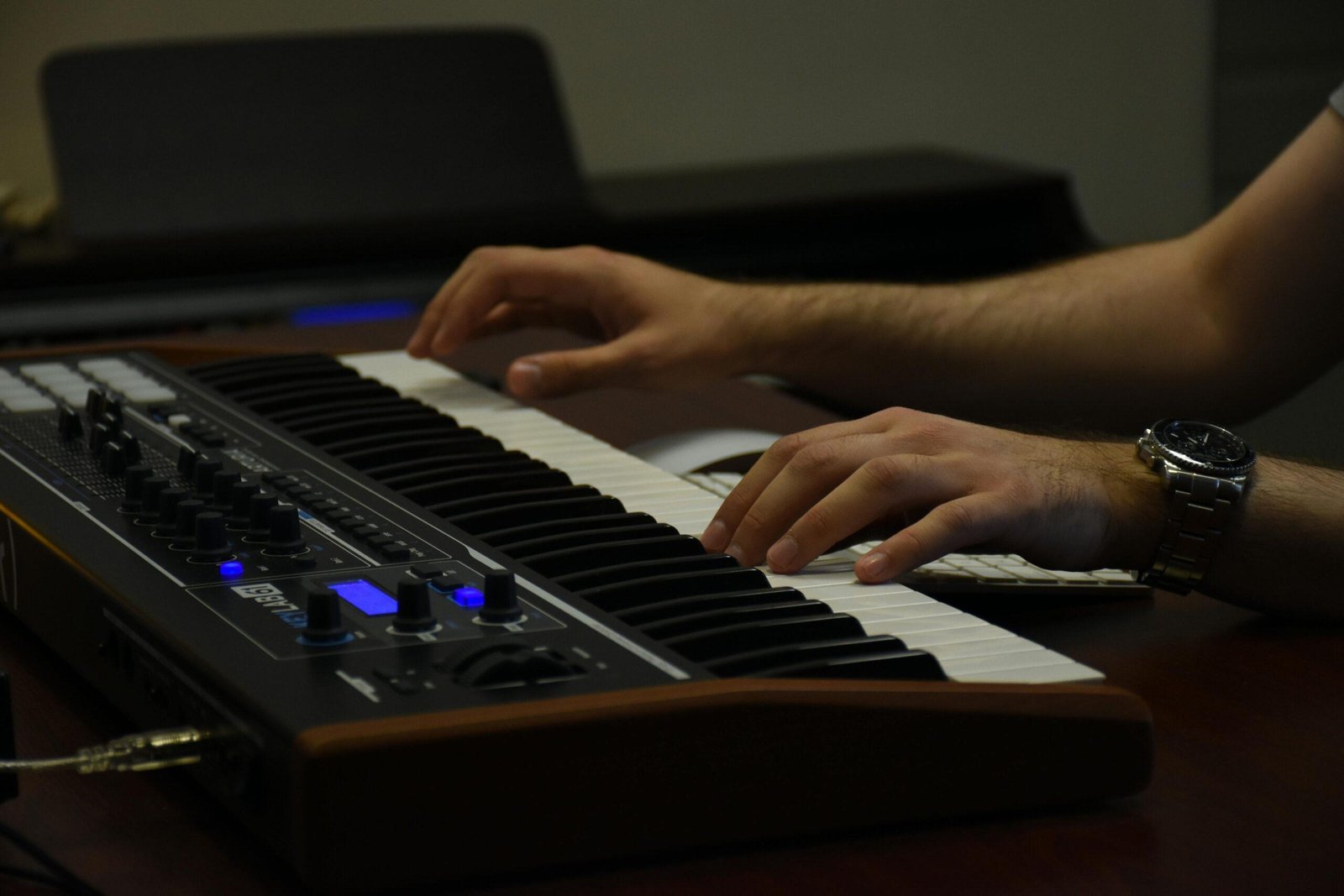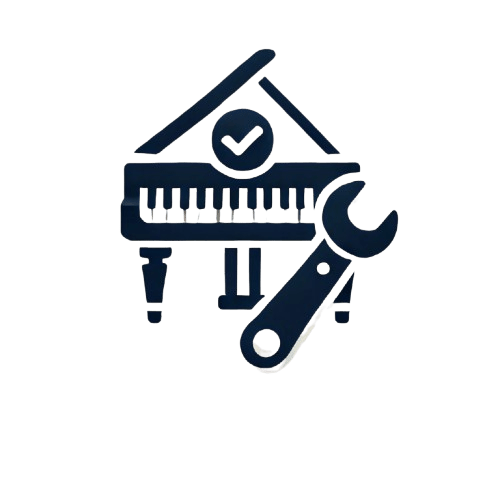Digital pianos are available in various types, tailored to different needs:
- Stage pianos – concert pianos with various sound and effect options, easily portable (Yamaha CP88, Korg Grandstage, Roland RD-2000).
- Console pianos – home digital pianos that visually resemble acoustic pianos and provide high-quality sound (Yamaha Clavinova CLP, Kawai CA, Casio Celviano).
- Portable pianos – lightweight, portable pianos for traveling musicians and teachers (Yamaha P-125, Roland FP-30X, Casio Privia PX-160).
- Hybrid pianos – a combination of digital and acoustic technologies for an authentic playing experience (Yamaha AvantGrand N1X, Kawai Novus NV10, Roland LX-17).
- Arranger pianos – ideal for composition and arranging, featuring a wide range of sounds and automatic accompaniment functions (Yamaha DGX-670, Korg PA-1000, Roland E-X50).









